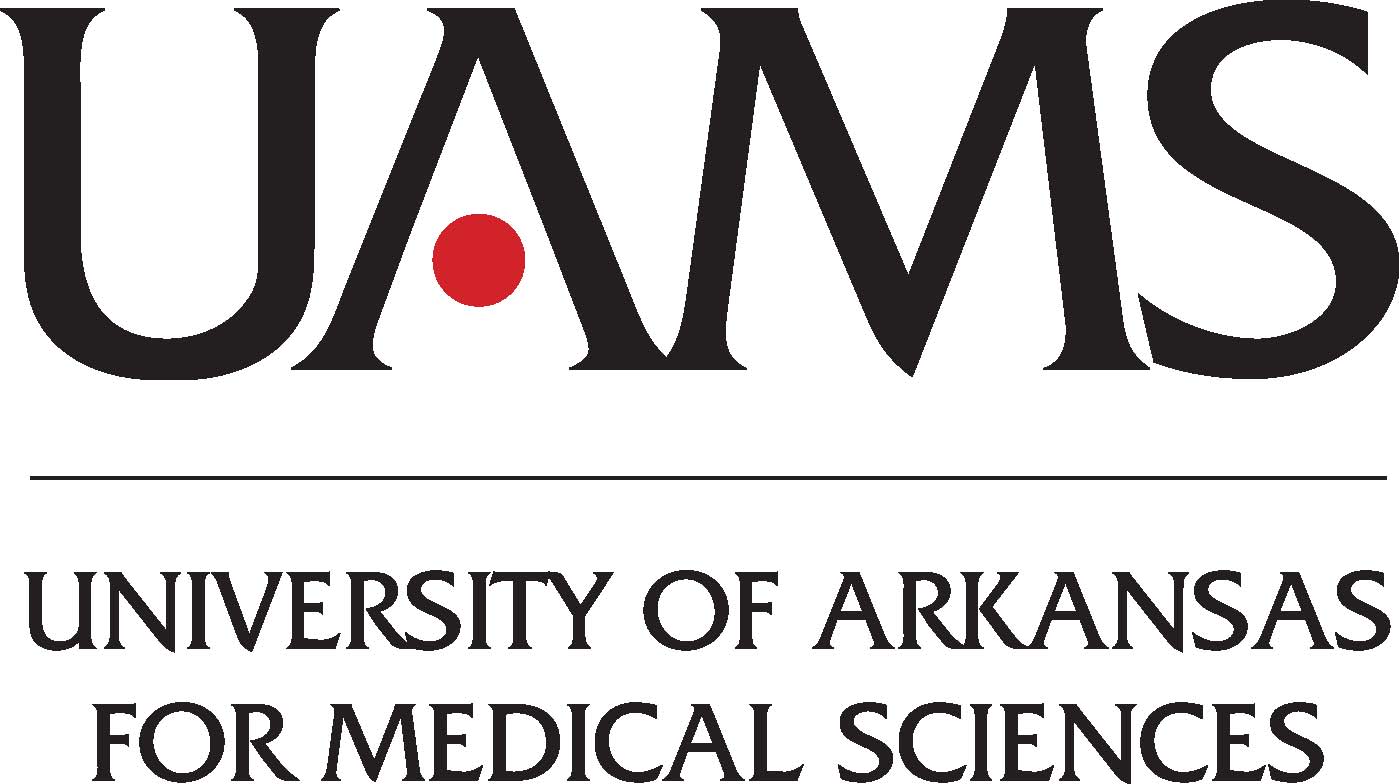Gut Microbiome & Gastrointestinal Toxicities as Determinants of Response to Neoadjuvant Chemo for Advanced Breast Cancer
| Status: | Recruiting |
|---|---|
| Conditions: | Breast Cancer, Cancer |
| Therapuetic Areas: | Oncology |
| Healthy: | No |
| Age Range: | 18 - Any |
| Updated: | 8/1/2018 |
| Start Date: | July 2016 |
| End Date: | July 2019 |
| Contact: | Barbara Fuhrman, PhD. |
| Email: | bjfuhrman@uams.edu |
| Phone: | 501-526-6684 |
The Gut Microbiome and Gastrointestinal Toxicities as Determinants of the Response to Neoadjuvant Chemotherapies for Advanced Breast Cancer
The purpose of this research is to test whether bacteria that normally live in the intestines
play a role in fighting cancer. It is believed that the development and behavior of these
immune cells may be influenced by bacteria and other microorganisms living in the gut. In
turn, the activities of these immune cells could work with anti-cancer therapies to make them
more, or less, effective.
play a role in fighting cancer. It is believed that the development and behavior of these
immune cells may be influenced by bacteria and other microorganisms living in the gut. In
turn, the activities of these immune cells could work with anti-cancer therapies to make them
more, or less, effective.
Many chemotherapeutic agents compromise the integrity of the mucosal barrier in the gut,
allowing translocation of gram-positive bacteria in secondary lymphoid organs. While this
has, until recently, been considered an undesirable side-effect, it may also represent one
mechanism by which chemotherapy stimulates an effective anti-cancer immune response. The
purpose of this research is to test whether bacteria that normally live in the intestines
play a role in fighting cancer. It is believed that the development and behavior of these
immune cells may be influenced by bacteria and other microorganisms living in the gut. In
turn, the activities of these immune cells could work with anti-cancer therapies to make them
more, or less, effective. The hypothesis is that gut microbial composition can influence
immune response to the tumor, resulting in inter-individual differences in the response to
anti-cancer therapies.
allowing translocation of gram-positive bacteria in secondary lymphoid organs. While this
has, until recently, been considered an undesirable side-effect, it may also represent one
mechanism by which chemotherapy stimulates an effective anti-cancer immune response. The
purpose of this research is to test whether bacteria that normally live in the intestines
play a role in fighting cancer. It is believed that the development and behavior of these
immune cells may be influenced by bacteria and other microorganisms living in the gut. In
turn, the activities of these immune cells could work with anti-cancer therapies to make them
more, or less, effective. The hypothesis is that gut microbial composition can influence
immune response to the tumor, resulting in inter-individual differences in the response to
anti-cancer therapies.
Inclusion Criteria:
- Diagnosed with invasive breast cancer and prescribed a regimen that includes
neo-adjuvant therapy prior to breast surgery.
- Able to provide informed consent.
Exclusion Criteria:
- History of previous malignancy, other than non-melanoma skin cancers
- Inability to tolerate phlebotomy
- Immunosuppressive therapy for any other condition
- Fever or active uncontrolled infection in the last 4 weeks
- Inflammatory bowel disease
- Surgery of the stomach, small or large intestines, appendectomy, gastric bypass or
gastric banding in the past 6 months.
- Active autoimmune disease, including, but not limited to, Systemic lupus erythematosus
(SLE), Multiple sclerosis (MS), ankylosing spondylitis
We found this trial at
1
site
529 West Markham Street
Little Rock, Arkansas 72205
Little Rock, Arkansas 72205
(501) 686-7000

Principal Investigator: Barbara Fuhrman, PhD
Phone: 501-526-6684
University of Arkansas for Medical Sciences The University of Arkansas for Medical Sciences (UAMS) in...
Click here to add this to my saved trials